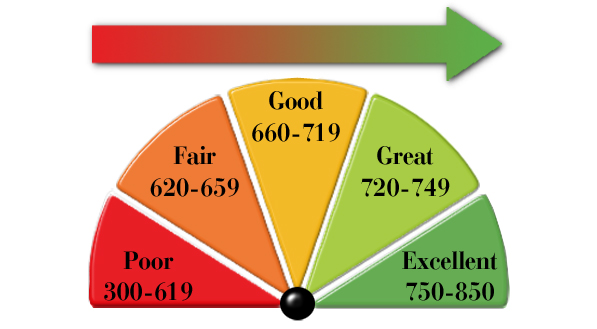Is Knowing Your Credit Score Really That Important?
You see the ads on TV and hear them all day on the radio asking if you know your credit score. They all want you to use their service and get copies of your credit report and score. But is it really necessary? Do you really need to know your FICO score? Here’s a closer look…
If you have any kind of credit history at all, either through credit cards, loans, mortgages, etc., then you will also have a credit score. These scores will range from a low of 300 all the up to 850. Naturally, the higher the numbers the better.
Your scores are used by lenders and other financial companies to determine whether or not you qualify for things such as a new car loan, a credit card, a lease on that new apartment, or even a new job you have applied for.
Yes, employers have …















